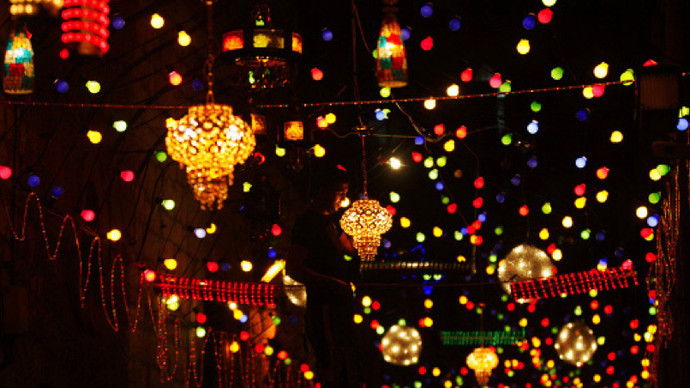
Ramadan is the ninth month of the Islamic lunar calendar, marked by a period of fasting, prayer, and reflection for Muslims worldwide. The month lasts approximately 29-30 days, beginning with the sighting of the new crescent moon and ending with the Eid al-Fitr celebrations. During this period, Muslims abstain from food, drink, and smoking from dawn until sunset. This act of self-discipline is one of the Five Pillars of Islam and serves as a time for Muslims to cleanse their mind, body, and soul, while also focusing on acts of charity, empathy, and compassion.
Tunisia, with its unique blend of Arab, Berber, and African influences, offers a distinctive Ramadan experience that is both spiritual and festive. While many aspects of the country's Ramadan customs will be familiar to Muslims worldwide, there are also several unique traditions that make Tunisia an exceptional place to visit during this holy month.
As in other Muslim countries, the daily fast, or Sihri, is broken at sunset with the Iftar meal, traditionally marked by the sounding of the Fajr prayer. In Tunisia, the Iftar meal is a time for families and friends to gather and indulge in a lavish spread of traditional dishes such as harissa, a spicy chili paste, brik, a deep-fried pastry filled with tuna, egg, and potatoes, and couscous, a semolina grain typically served with a stew of vegetables and meat.
While the days of Ramadan are reserved for fasting, reflection, and worship, the nights come alive with a flurry of activity and celebration. In Tunisia, cities and towns are adorned with colorful lights, and bustling night markets, known as suqs, offer a variety of goods, food, and entertainment for both locals and visitors alike. The Halqa, a traditional gathering of musicians, storytellers, and acrobats, is a common sight in these markets, providing an engaging and interactive cultural experience.
In addition to the daily fast, Tunisian Muslims engage in several religious rituals and ceremonies throughout the month of Ramadan. Tarawih prayers, held in mosques and religious establishments each night, offer an opportunity for Muslims to come together in worship and reflection. The Quran, the holy book of Islam, is also recited in its entirety during Ramadan, with many Tunisians participating in daily recitations and study groups.
Visiting Tunisia during Ramadan can be a rewarding and educational experience, but it's essential to be aware of and respect the customs and etiquettes associated with this holy month. Here are a few tips for traveling in Tunisia during Ramadan:
Absolutely! Visiting Tunisia during Ramadan can be a unique and educational experience, offering valuable insights into the country's cultural and religious traditions. However, being aware of and respecting local customs and etiquettes is crucial for ensuring a seamless and enjoyable travel experience.
While Muslims are expected to fast during daylight hours, non-Muslims are not required to do so. However, it's essential to be respectful of local customs and traditions by eating, drinking, or smoking in private or in designated areas, such as hotels or restaurants, during fasting hours.
Many businesses and attractions, including restaurants and shops, may operate on reduced hours or close during Ramadan. It's crucial to plan accordingly and be aware of any changes in business hours, especially when scheduling tours or transportation services.